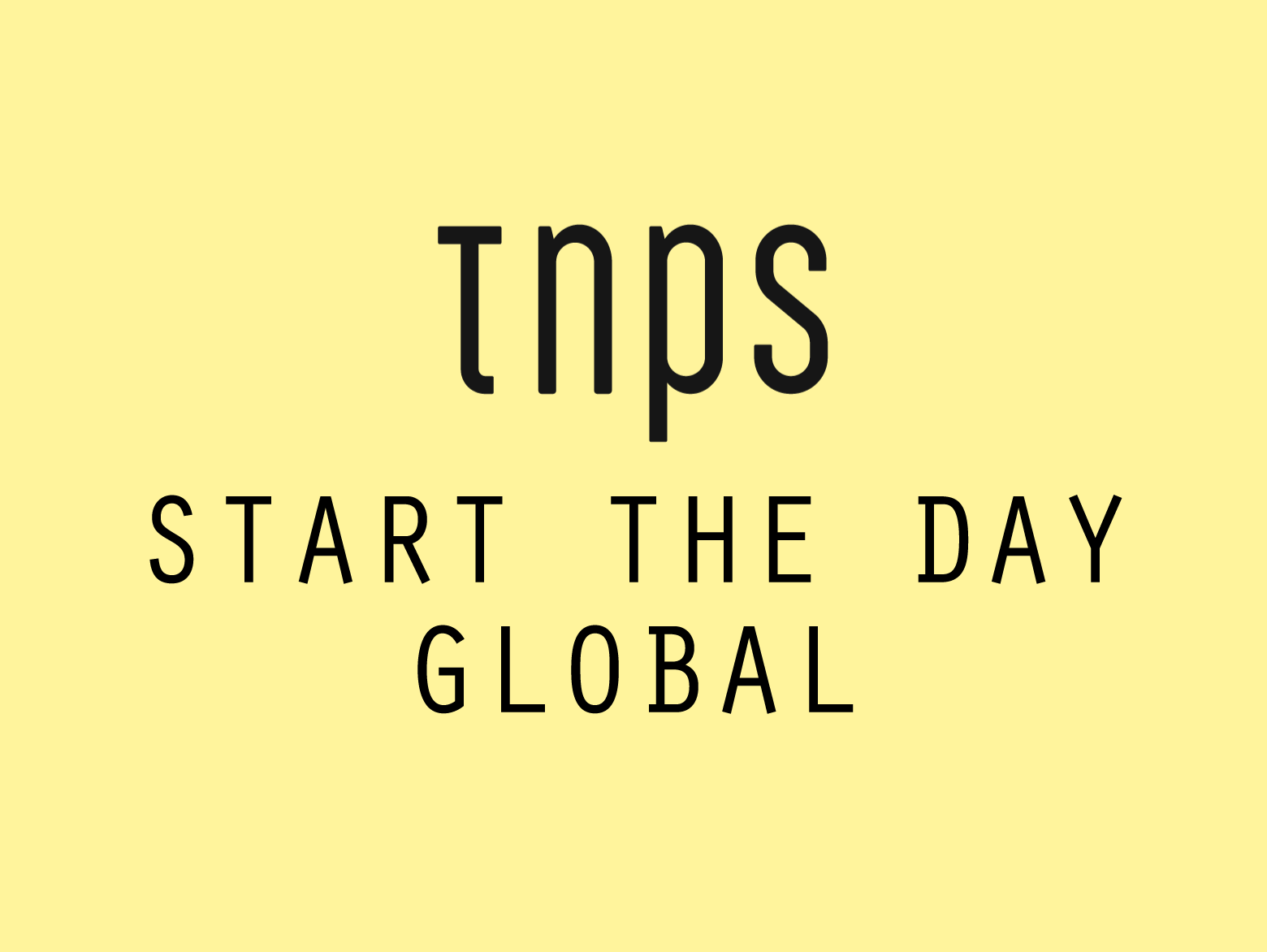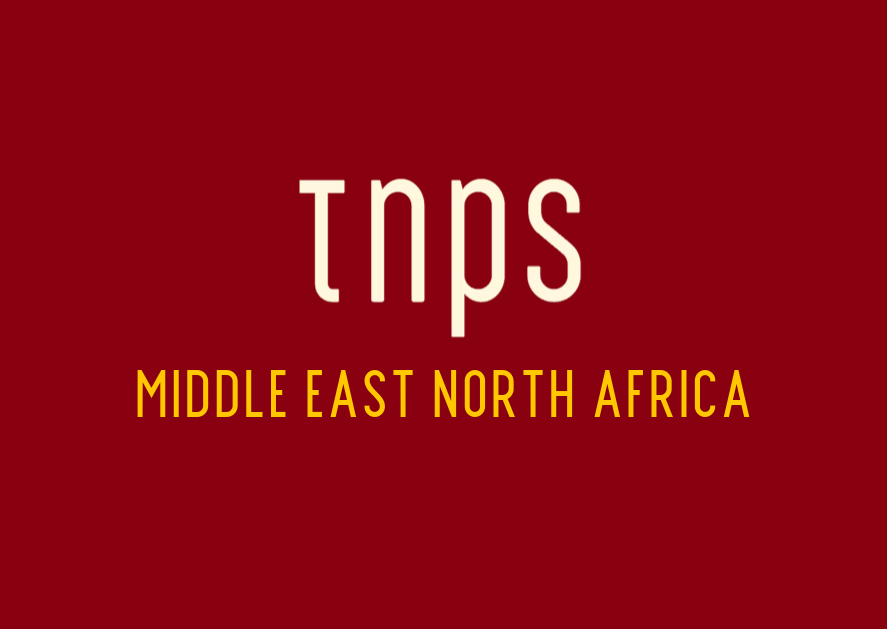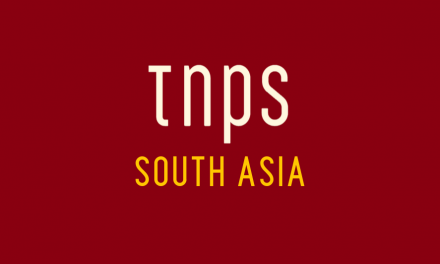We start the day global today in South Asia, with a look at the literary scene in India and Pakistan.
While India is often part of the global publishing debate, Pakistan much less so, and that’s a tragedy, as Pakistan has so much to offer.
Take gritty crime novels, for example. They don’t come much grittier than the works of still-active Pakistani cop Omar Shahid Hamid, described as one of Pakistan’s most popular English-language authors.
That in itself is a telling point. So often the debate about global literature becomes a debate about literature that is in English or another major European language. And referencing the OP from which this item derives, it’s not at all clear whether Hamid’s works have even been translated into Pakistan’s myriad language, although some are available (in print) in French and German.
But there’s no question Hamid is popular with his English-language readers in his home country. It helps that he has twenty years police experience under is belt – not all of it good. The OP reports,
His father was assassinated by a notorious Karachi hitman, while his police partner was murdered by the Taleban (and that hi works in) Karachi, the mega port city on the Arabian Sea that for years was rife with vicious political and extremist violence.
Since 2013 Hamid has written four novels and has attracted the attention of video streaming services looking for new material.
His latest novel The Fix, explores corruption in cricket, which should find a warm reception in Pakistan.
From Pakistan to Partition, an event of course without which modern-day Pakistan would not exist.
For lovers of South Asia literature Partition is a recurring theme providing endless opportunities to explore the human condition.
From a post in New India Express:
The Partition of India was described by Lord Mountbatten as ‘one of the greatest administrative operations in history’. From Khushwant Singh’s seminal Train to Pakistan (1956) and Bhisham Sahni’s Tamas (Darkness, Ignorance, 1974) that moved hearts in its televised version in the days of Doordarshan, to Salman Rushdie’s Booker of Booker-winning novel Midnight’s Children (1981), the rebellious Saadat Hasan Manto’s epoch-defining character—Toba Tek Singh, and of course, the laments by Faiz Ahmad Faiz in Azadi (Freedom’s Dawn, 1947), cleaving of the two nations has continued to inspire creative outpourings by writers.
The latest post is wrapped around the release of Kavita Puri’s Partition Voices (Bloomsbury), which records first-hand testimonies of the Partition, not from India or Pakistan but from the UK, where many families from both sides of the divide emigrated or fled.
But the OP explores other Partition literature and is a must-read advisory list for anyone interested in this period in twentieth-century history.
Staying with the Partition legacy, Scroll has a must read post looking at four novels set in Pakistan.
Zahra Haider is a Pakistani-Canadian writer based in Toronto.
So often when we look at “post-colonial literature” we see works from privileged authors who mostly live outside the country they write about, and write with a life-experience at a distance from the everyday life of those “back home”, but Haider makes no bones about how her background influences her choice of literature for this selection, making her post all the more interesting.
Says Haider,
Never a fan of Harry Potter or fantastical beings, I gravitated towards realism that could depict the human condition without the use of dragons or wizards. I simply yearned to read raw, realistic stories that challenged narratives of Otherness and painted images of hybridised citizens to which I could relate in my mind.
There are books that bring us to tears; they infuriate us with their portrayal of societal injustice; there are books that make us feel warm, euphoric even; and then there are books that speak to you in ways you could only dream of. These are the books that make you think, “Finally! Someone understands.”
Salman Rushdie, Daniyal Mueenuddin, Mohsin Hamid and Kamila Shamsie are the four dragon-free authors in the spotlight.





